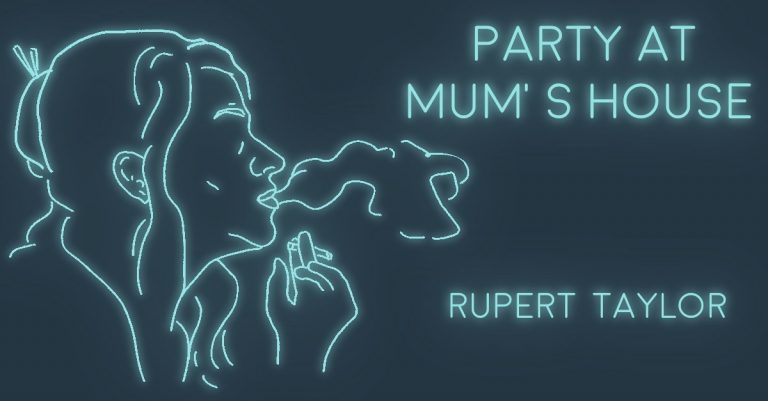
PARTY AT MUM’S HOUSE by Rupert Taylor
Some girl chugged a flask of vodka, passed out, and puked up what looked like spaghetti bolognese.

Some girl chugged a flask of vodka, passed out, and puked up what looked like spaghetti bolognese.
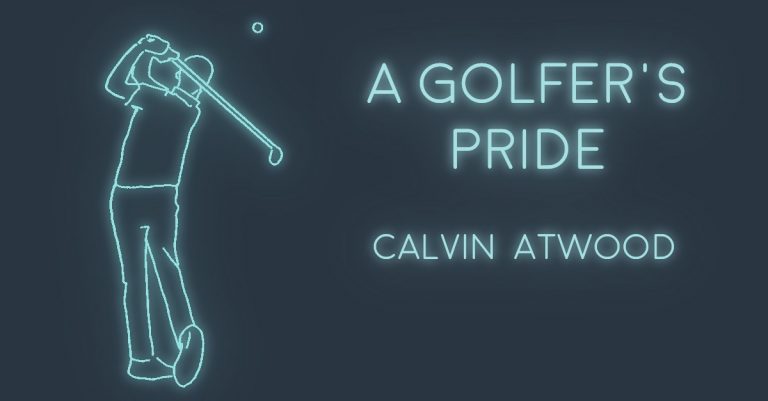
During our very first conversation, Erik told me that he liked his blow jobs fast, and he once fucked a hooker in a Detroit airport bathroom.
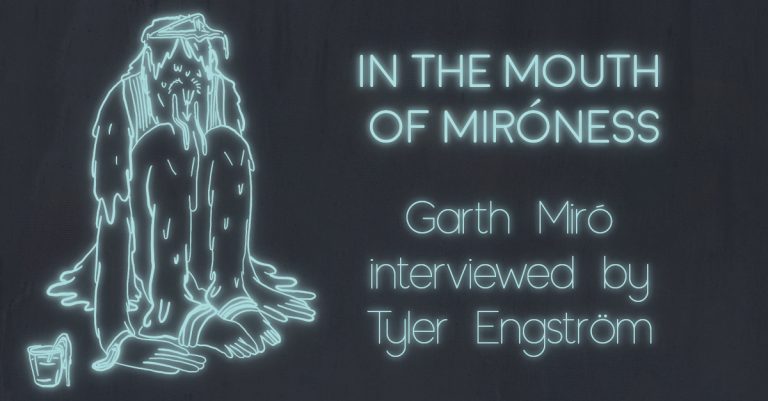
I had a lot of hate. That’s what God gave me to work with, which was a blessing; my capacity to hate things, situations, and people, people most of all, is nothing short of miraculous.
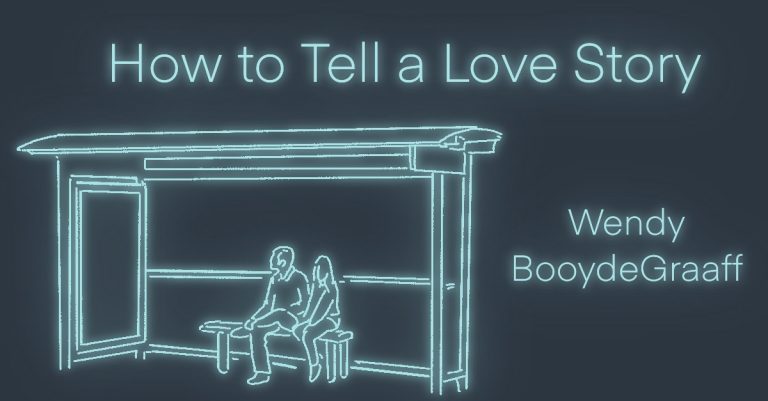
These two are not young, not rom-com blow-dried and fresh. One of them has an eye with a filmy sheath over the iris, and the eye also wanders, preventing the long lovers’ gaze.
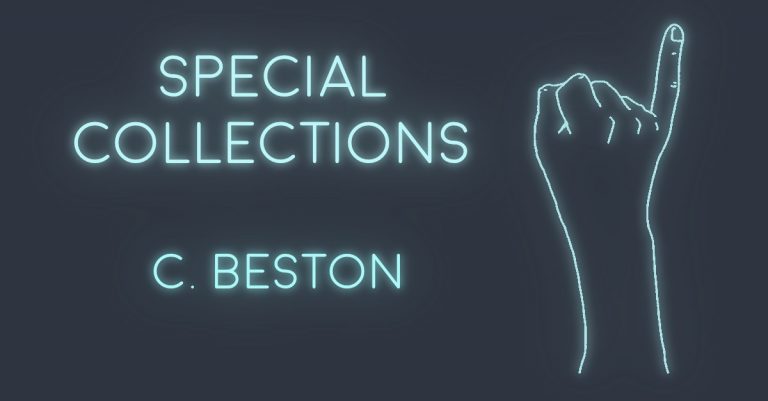
My husband lost the finger in a card game, then his hosts kept it and bequeathed it to your institution.
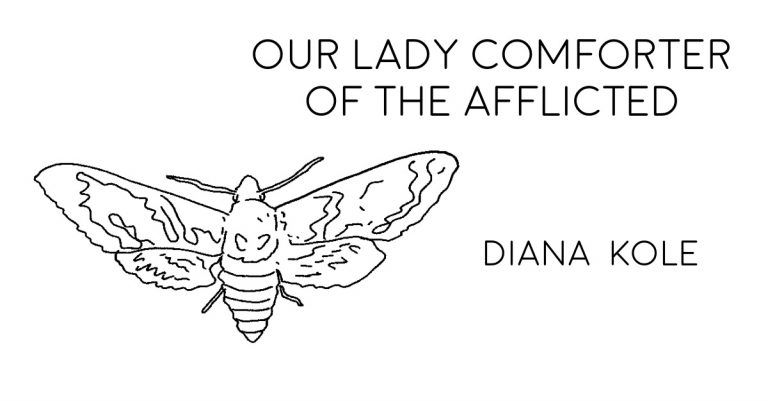
I watched a moth crawl toward me on the concrete. One of its wings was damaged; I had a strong impulse to crush it with my boot.
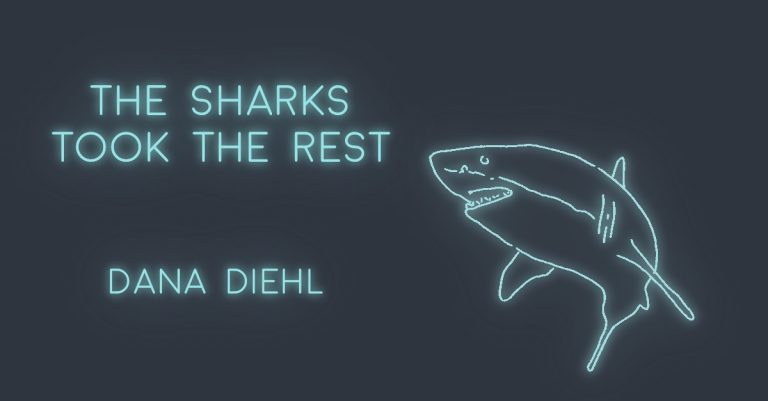
Killing a shark is always personal. The shark ate your wife. The shark ate your son.
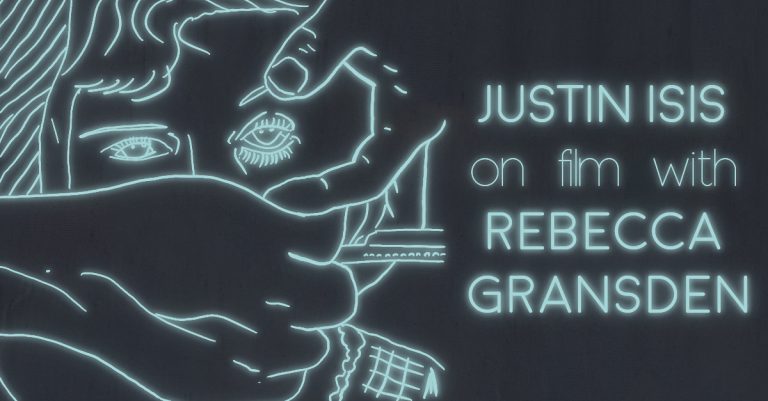
Writers who seem to want to write a commercial screenplay in prose strike me as the least interesting sort. The same goes for all attempts at translating cinematic terminology to prose.
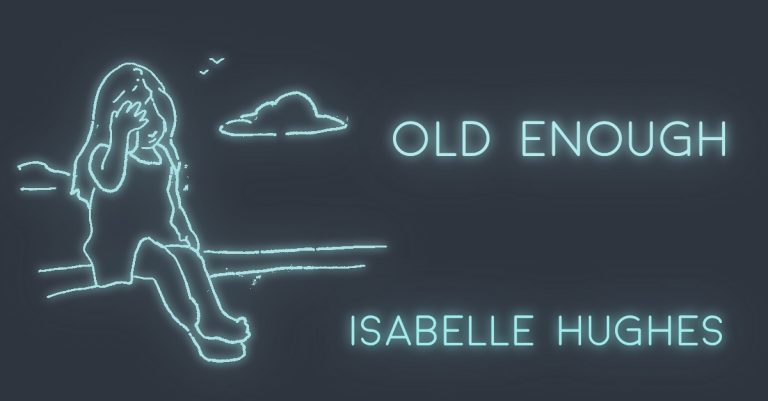
There hadn’t been this much excitement since the boys came home from war with their uniforms and their little triangular hats. They’d been shipped off again.
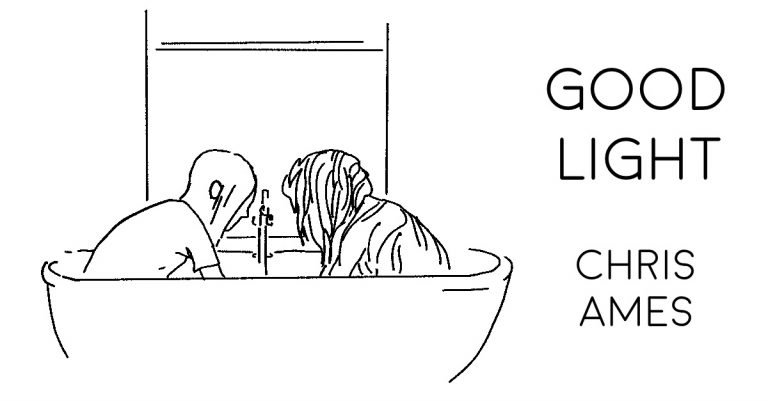
I pull up hard and dredge out a congealed braid of hair the length of an arm. Horrified, I keep pulling and it just keeps coming.
